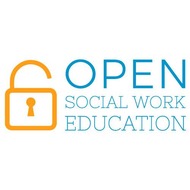
(View Complete Item Description)
This project assesses a sample of California county programs for preparing foster teenagers to live independently. Counties were selected to represent statewide variability and represent northern and southern regions as well as urban and rural areas. Chapters address: the organizational structure of each program including the agencies providing ILP services, agency staffing, coordination mechanisms, foster care supervision, and community involvement; a description of program participants including characteristics of the youth, diversity, readiness for the program, barriers to participation, foster care provider issues, foster parent training, and the relationship of birth parents to the county agency and the youth; a description of program processes including identification of eligible youth, referral, outreach, assessment, out-of-county placement, monitoring and follow-up; and an overview of program content and services including classes, activities, individual services, housing issues, and aftercare support. (186 pages)Giovannoni, J., Chaneske, E., & Furman, W. (1996).
Material Type:
Module
Author:
CalSWEC




















